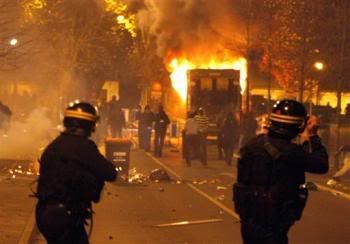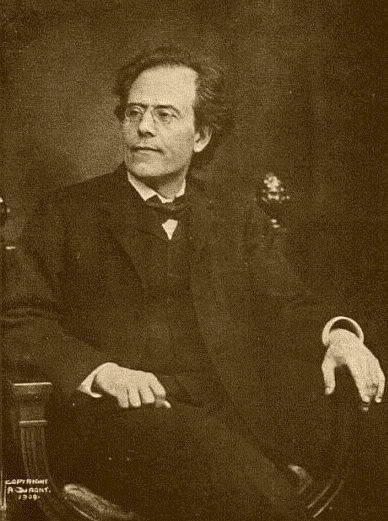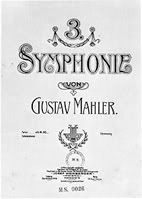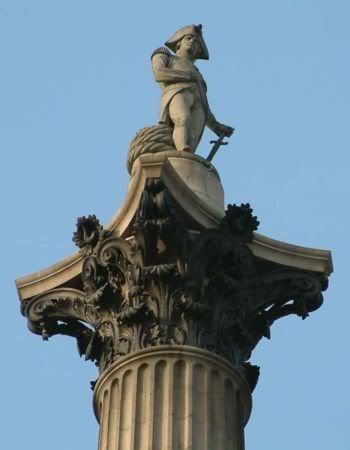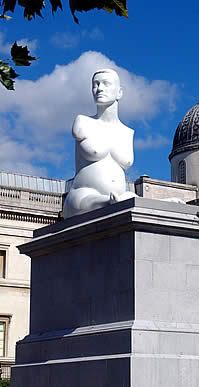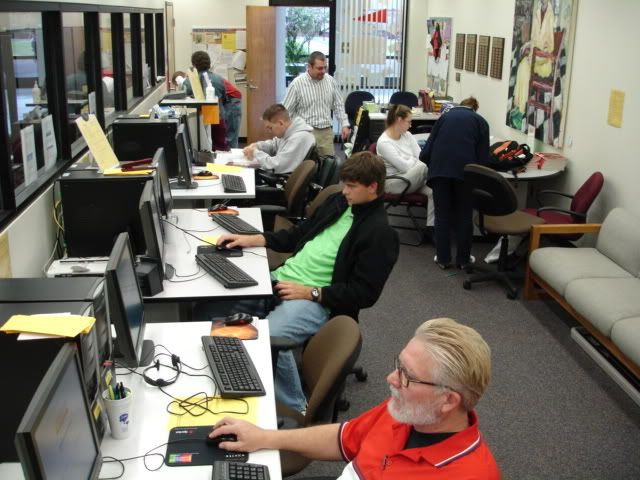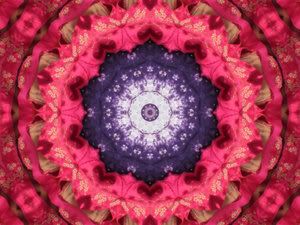If you haven't read him, I recommend that you do. He's written more than a dozen books, but his magnum opus is From Dawn to Decadence: 500 Years of Western Cultural Life, 1500 to the Present. It was published when he was 92.
Barzun, primarily a social historian, is the archetype of a humanist scholar: interested in ideas but dubious about theories and ideologies that purport to explain everything; a cosmopolitan who dislikes cant and political correctness; possessor of an enormous store of facts who wants to find meaning in them. Reading From Dawn to Decadence, you get the impression that you could bring up any year within that half-millennium and he could, if you wanted, talk for an hour about what was going down at the time — in literature, arts, politics, religion — everywhere in Europe (and the United States, if it existed at that point).
He's very readable, too, which you can't say about that many people in the academic world today (Barzun spent most of his teaching career at Columbia University). No jargon, but also no pretentious writing that shouts, "Hey, sailor, how you like my metaphor in your face, big boy?" His style is fitting: he uses the right words to say what he wants to say, with just the right shadings. That may sound easy, but as someone who writes for a living, I promise you it isn't.
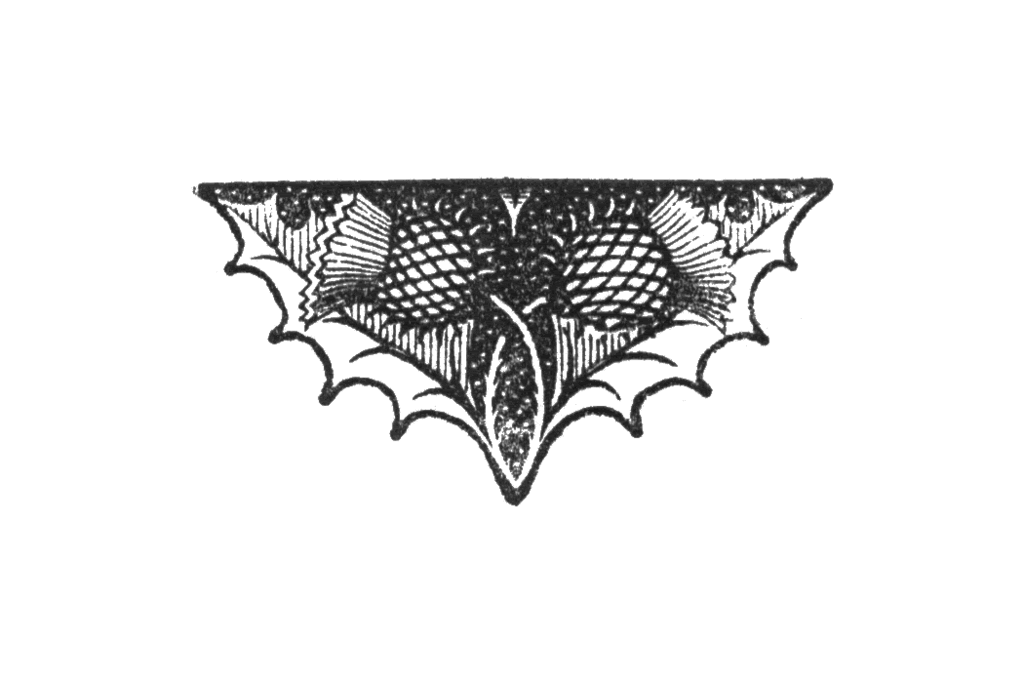
I met Jacques Barzun — well, sort of. It was about 1986, in Santa Fe, and he was giving a public talk at St. John's College, the "Great Books" school for trust-fund kids. (I wasn't a student there; I worked as a radio announcer at the time.)
Most of what he said has drained from my conscious memory, although I recall being impressed, but two incidents have stuck with me.
I'm one of those who like to sit near the front of the hall at concerts and lectures, and I happened to take a seat in the first row at his talk. I must have been a sorry sight: though a minor local celebrity because of being on the radio, I was very poor and probably looked it; I definitely remember that I was wearing sandals. At one point Barzun paused during his talk, glanced around for a moment, and happened to make eye contact with me. I was ready to be uncomfortable at looking a proper slob while in his immaculately suited presence, but he gave me a warm smile. I really appreciated the gesture.
Here's the other thing I remember. During the question period, a young man in the audience who had a serious speech impediment — I tried but couldn't understand much of what he was saying — went on and on with what was presumably a very complicated question. There was also something aggressive, even a little hostile in his tone. Look, I have every sympathy with anyone who's been ill-used by genetics, and think I can understand the anger they feel, but for heaven's sake, Barzun wasn't the cause of the young man's predicament. Anyway, I felt bad on Barzun's behalf: how was he to deal with a couple of minutes' worth of near-unintelligible grunting and gurgling? (I suspect that the questioner was hoping that Barzun would be at a loss, so he could show the world how badly he was treated because of his speech defect.)
To my surprise, Barzun proved himself to be a better, or more patient, listener than I had been. He repeated the questions (there actually had been three or four) clearly, as if for the benefit of anyone in the audience who might have been too far away to have heard them, so as not to embarrass the questioner. And sailed right into an equally clear discussion in reply.
He is a gentleman.
Happy birthday, Professor Barzun. You've lived through what was, on the whole, a pretty rotten hundred years for the world, but you've used your time to make it better and more interesting. We owe you.


